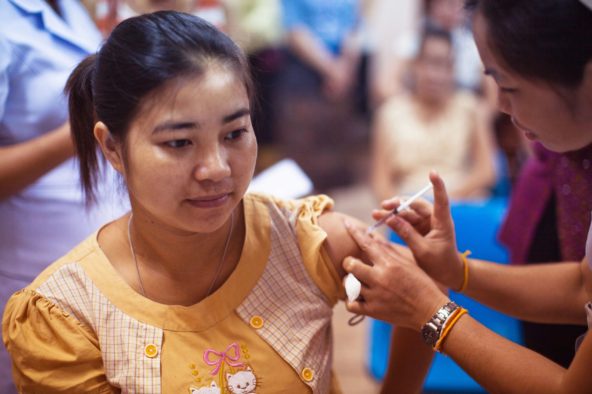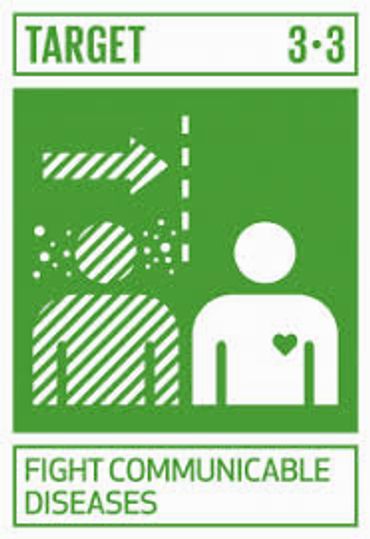There have been drastic cuts to UK bilateral health ODA spending on HIV, TB and malaria programmes. Unsurprisingly, assessment of the portfolio of active UK health projects found comparatively few programmes addressing the three diseases directly, although malaria remains the focus of a number of dedicated grants, such as Strengthening Uganda’s Response to Malaria, £43.6 million. Malaria remains a central pillar of a high number of maternal/child health or health systems programmes too, some of which like the Malawi Health Sector Support Programme (£109.8 million) also support interventions in HIV and TB. In HIV, DFID’s main dedicated programme is its support to the Robert Carr Civil Society Network Fund (£15 million) which funds civil society networks working on the HIV response, while TB only features within a few broader programmes and has no dedicated funding.
Limited bilateral programmes are supplemented by the UK’s support for multilateral organisations The Global Fund to Fight AIDS, TB and malaria, Unitaid and UNAIDS. However, multilateral investments do not substitute for the decline in bilateral programming for the three diseases. In infectious diseases more broadly, UK investment in Gavi and the Global Polio Eradication Initiative (GPEI) also plays a very significant role: Gavi is on track to vaccinate 300 million children globally between 2016 and 2020.
Neglected Tropical Diseases (NTDs) are one focus area of the cross- government Ross Fund which for example, invests in the development of new medical products to prevent, diagnose and treat NTDs (Ross Fund portfolio – product development (£349 million)).


